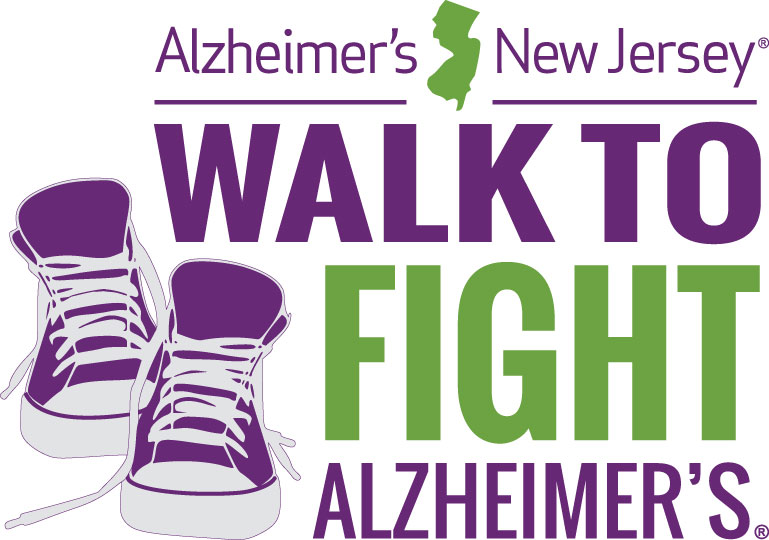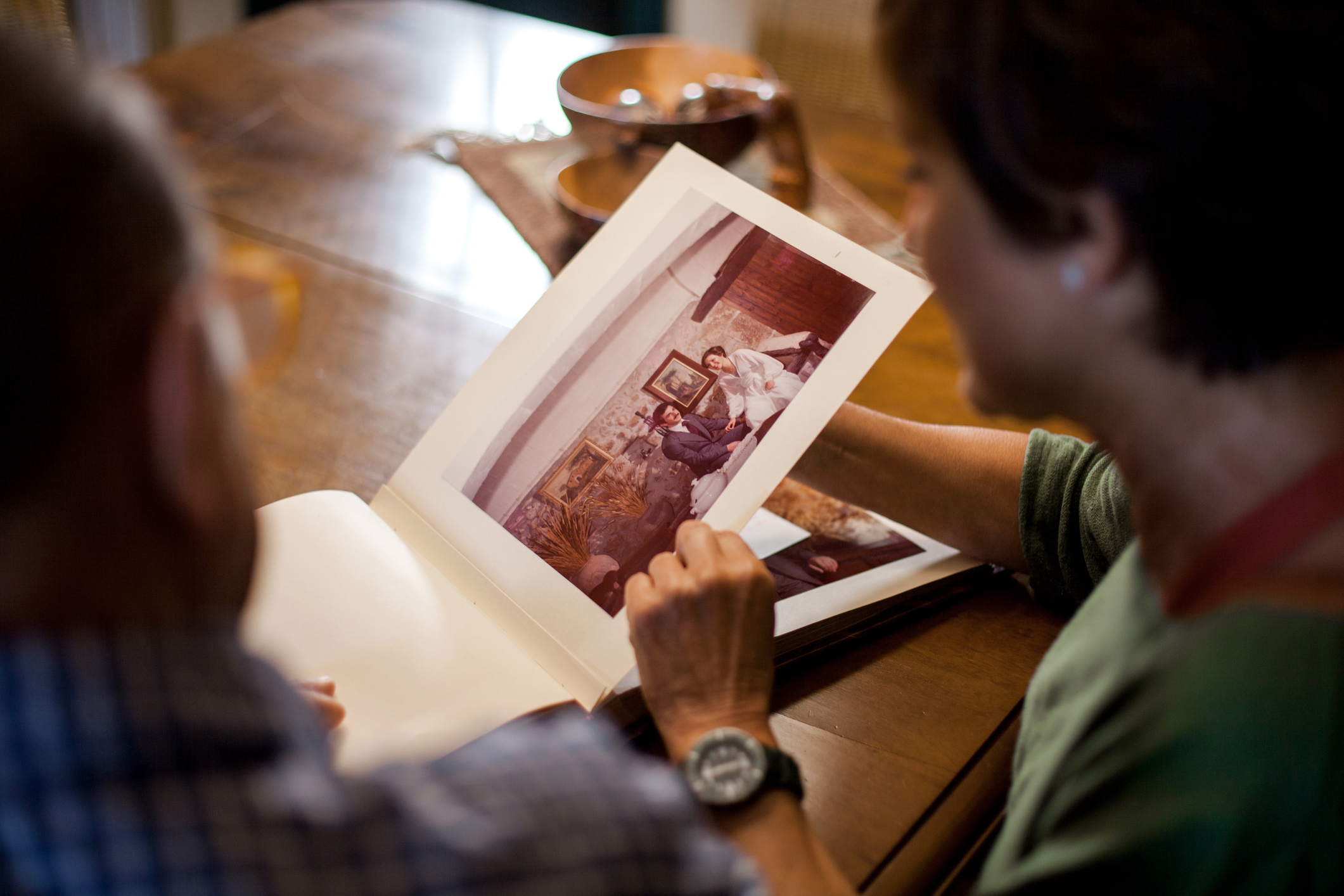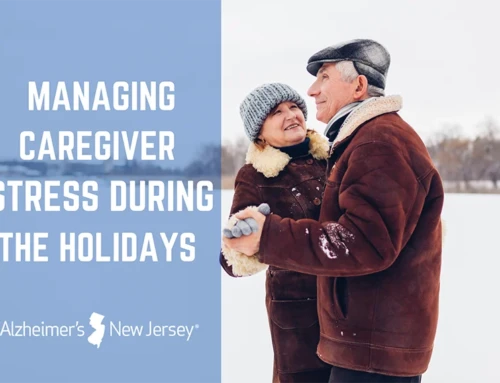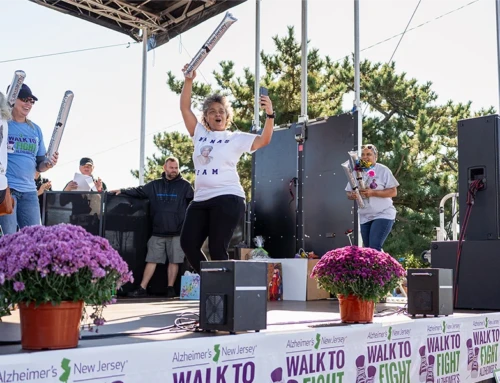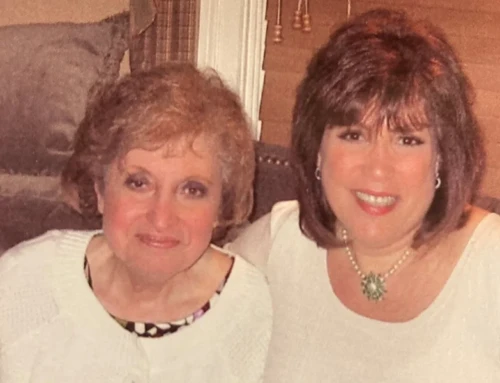Alzheimer’s disease can significantly impact a person’s language ability. Caregivers may notice a decline in vocabulary, comprehension and speech production due to damage to the parts of the brain that control language. The person with Alzheimer’s disease may struggle to find the right words, forget what they want to say and may not understand the meaning of what is being said by someone else.
As the disease progresses and a person’s verbal abilities progressively decline, non-verbal communication such as gesture, facial expression and body language become increasingly important and effective as a way to communicate and connect with someone who has Alzheimer’s or another form of dementia.
Using the five senses may also help the person with Alzheimer’s feel safe, can provide comfort and even create moments of joy. Engaging in activities that invite a loved one to share what they see, smell, hear or feel may improve communication and connection.
Here are some examples of different ways that caregivers can use the senses for improved communication at any stage of Alzheimer’s disease:
- Sight: share family photo albums, view travel videos, take a nature walk, view famous paintings of people, watch colorful fish in a home aquarium
- Sound: listen to favorite music or hymns, nature recordings, songs in a native language, read poetry or scripture to the person with Alzheimer’s, record your voice for playing later
- Smell: share familiar scents such as herbs, essential oils, flowers, fresh linen, scented lotions, coffee, favorite foods
- Touch: give a hand massage and a reassuring hug, engage in a pet therapy activity, comb hair and polish nails, share fabrics of various textures
- Taste: sample favorite foods and drinks, including those with various textures like ice cream, and pudding
Remember, a loving and gentle voice communicates reassurance and safety when words are not understood. Good eye contact shows respect and concern. A nod or touch of the hand will let someone know that they are cared for and not alone.
Questions? Call the Helpline at 888 280-6055.

